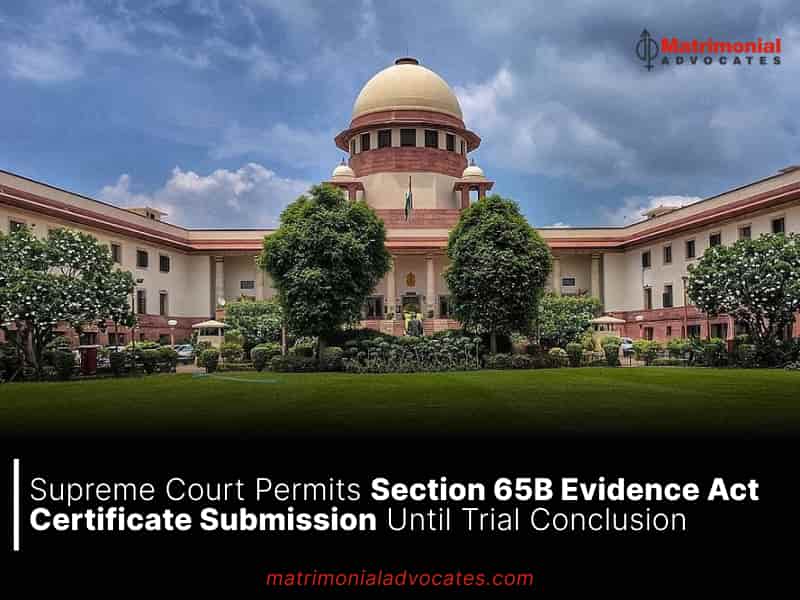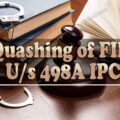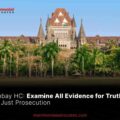
The Supreme Court underscored the admissibility of a Section 65-B certificate pursuant to the Indian Evidence Act at any juncture during trial proceedings. In the adjudication of the Bangalore bomb blasts case, the Court expounded upon the fundamental tenets of a fair criminal trial, emphasizing the imperative of impartiality in upholding justice. The Court articulated that the essence of judicious proceedings lies in the equitable treatment of all parties, ensuring the just consequences for culpable individuals and the protection of the innocent from undue legal ramifications. Notably, the case involved an appeal by the State before the Karnataka High Court, which, in turn, affirmed the Trial Court’s denial of prosecution applications under Section 311 of the Code of Criminal Procedure.
The two-Judge Bench of Justice Vikram Nath and Justice Rajesh Bindal held, “Fair trial in a criminal case does not mean that it should be fair to one of the parties. Rather, the object is that no guilty should go scot-free and no innocent should be punished. A certificate under Section 65-B of the Act, which is sought to be produced by the prosecution is not an evidence which has been created now. It is meeting the requirement of law to prove a report on record.”
The Bench emphasized that the inclusion of the Section 65B certificate under the Indian Evidence Act, 1872, by the prosecution would not cause irreversible harm to the accused.
Representing the appellant/State, Additional Advocate General Aman Panwar, and Advocate Balaji Srinivasan acting as counsel for the respondents were present during the proceedings.
In the context of the case concerning the detonation of explosive devices in Bangalore in 2008, the Court recognized the nationwide implications of the incident, highlighting the need for a thorough and scientific investigation. Following the initiative of one of the accused, various electronic devices, including a laptop, external hard disc, pen drives, floppies, CDs, SIM cards, mobile phones, memory cards, and digital cameras, were seized. These items underwent forensic analysis at the CFSL, Hyderabad, resulting in a report in 2010. The report was officially submitted to the Trial Court in 2012 with the intention of using it during the statement recording phase.
Upon the accused’s objection to admitting the report without a Section 65-B certificate, the necessary certification was promptly obtained under Section 65-B. Subsequently, an application under Section 311 of the Cr.P.C. was filed, seeking the recall of a witness and the introduction of the aforementioned certificate into evidence. Despite the ongoing trial, the Trial Court, purportedly misunderstanding the legal framework, rejected the application. This decision was later upheld by the High Court, primarily citing the perceived delay in obtaining the Section 65B certificate.
The Supreme Court in the above regard observed, “… it cannot be inferred that there was delay of six years in producing the certificate. In fact, report received from CFSL, Hyderabad on the basis of the contents of electronic devices dated 29.11.2010 was already placed before the Trial Court on 16.10.2012. In fact, the stand of the prosecution was that when the original electronic devices were already produced and marked MOs, there was no need to produce the certificate under Section 65-B of the Act. Still, as a matter of abundant caution, the same was produced that too immediately after objection was raised by the accused against the production of CFSL report prepared on the basis of the electronic devices seized.”
The Court further stipulated that the accused will be afforded sufficient opportunities to rebut the evidence put forth by the prosecution, aligning with the intended purpose of Section 311 of the Cr.P.C. Moreover, it recognized that the primary aim of the Code is to ascertain the truth.
“However, the power under Section 311 of the Cr.P.C. can be exercised to subserve the cause of justice and public interest. In the case in hand, this exercise of power is required to uphold the truth, as no prejudice as such is going to be caused to the accused”, added the Court.
Given these circumstances, the Supreme Court approved the appeal, voided prior orders, and directed the Trial Court to proceed with the proceedings.





